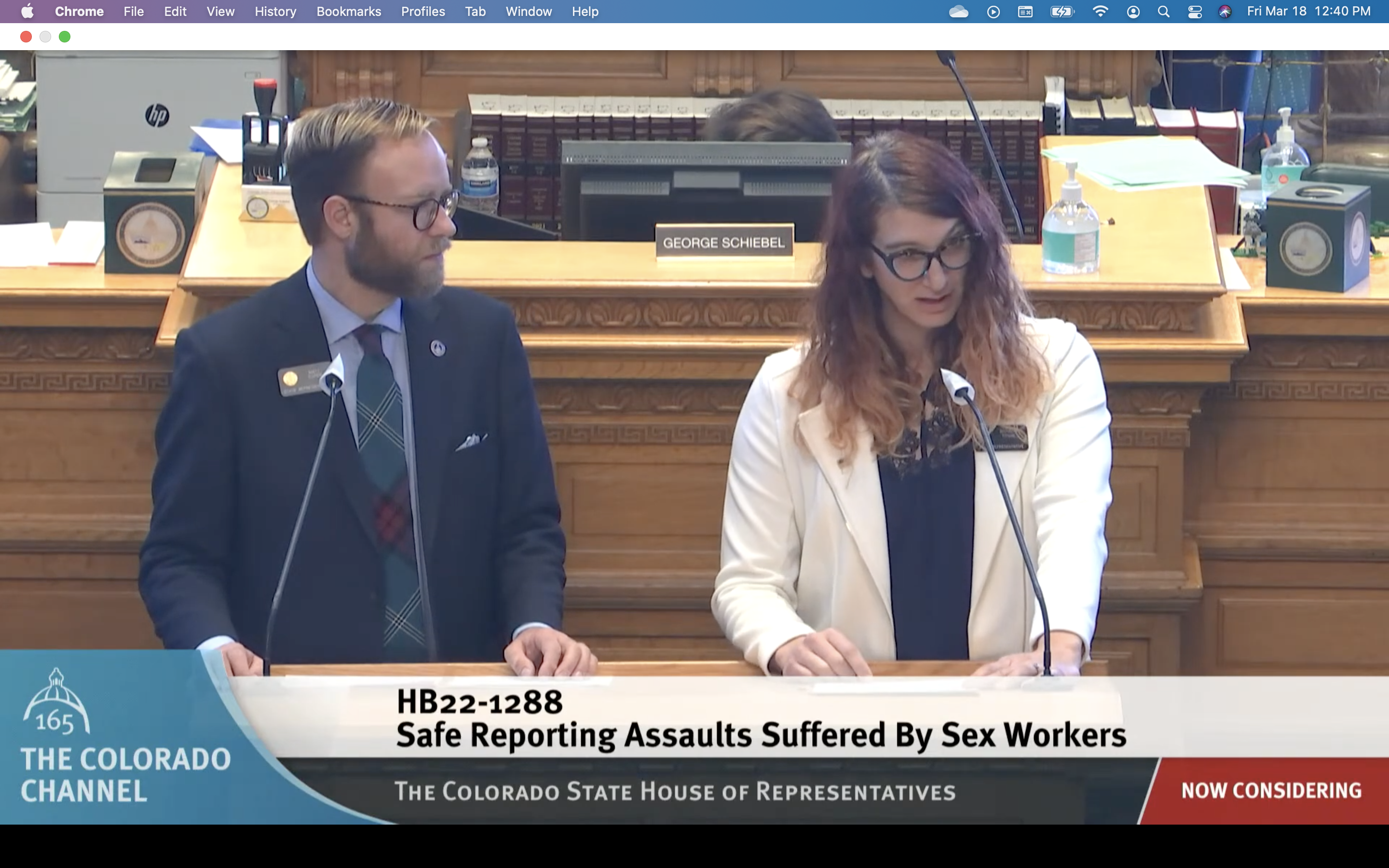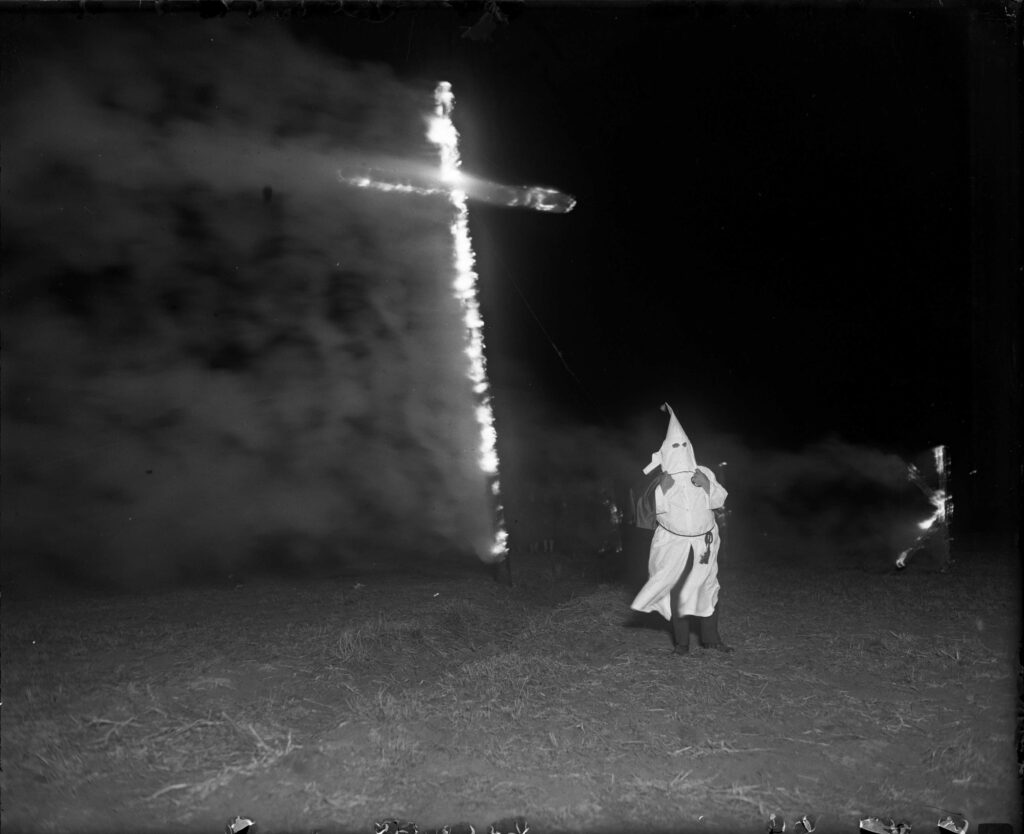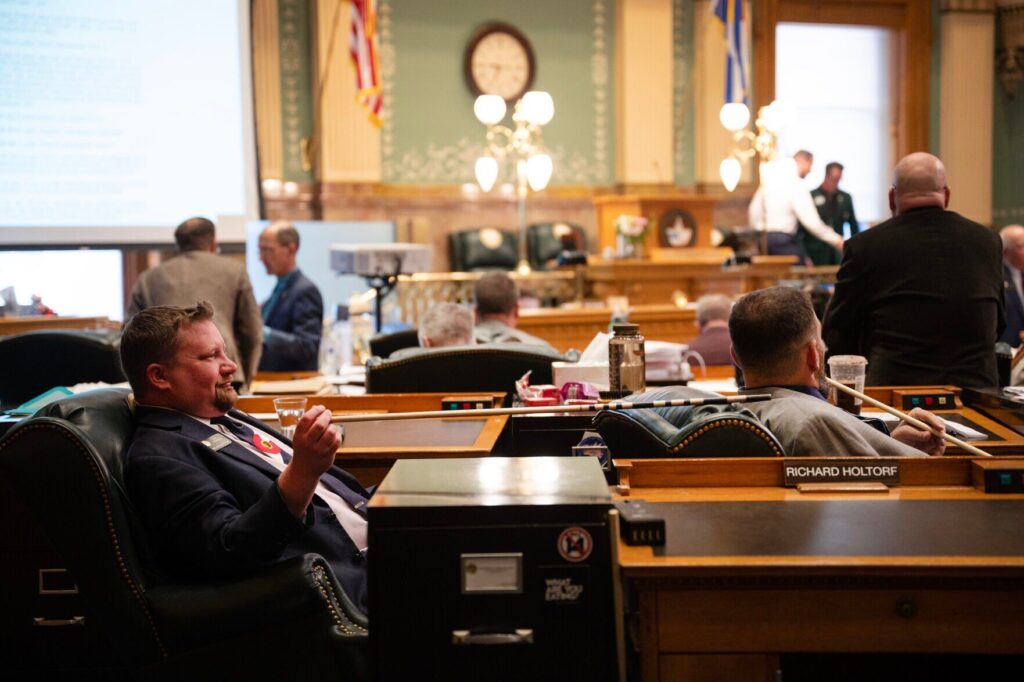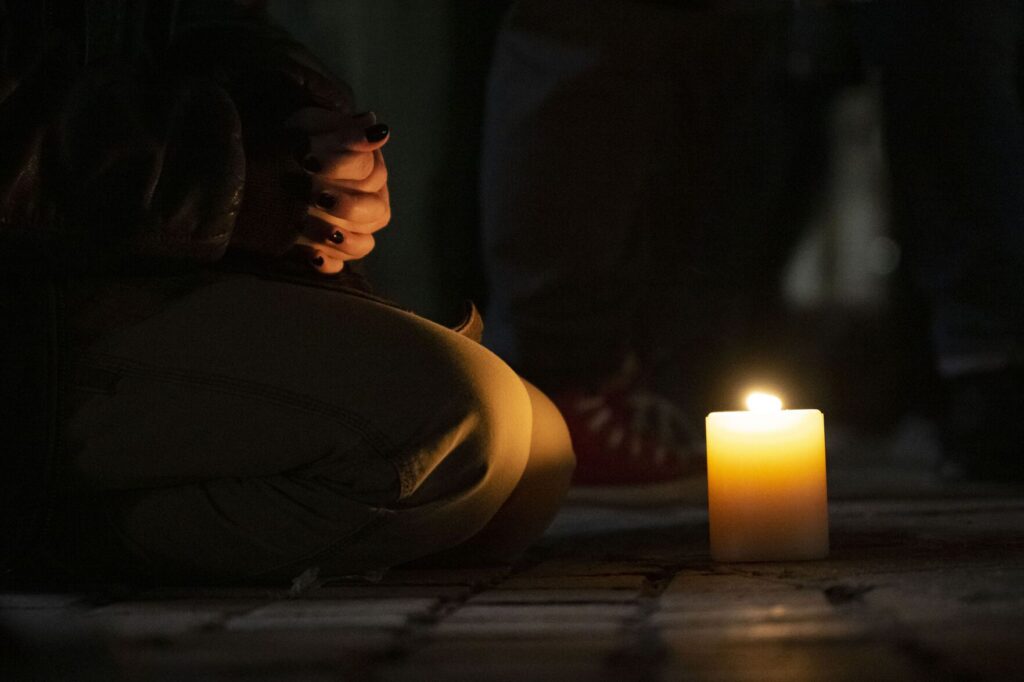Colorado House advances bill to protect sex workers from violent crime
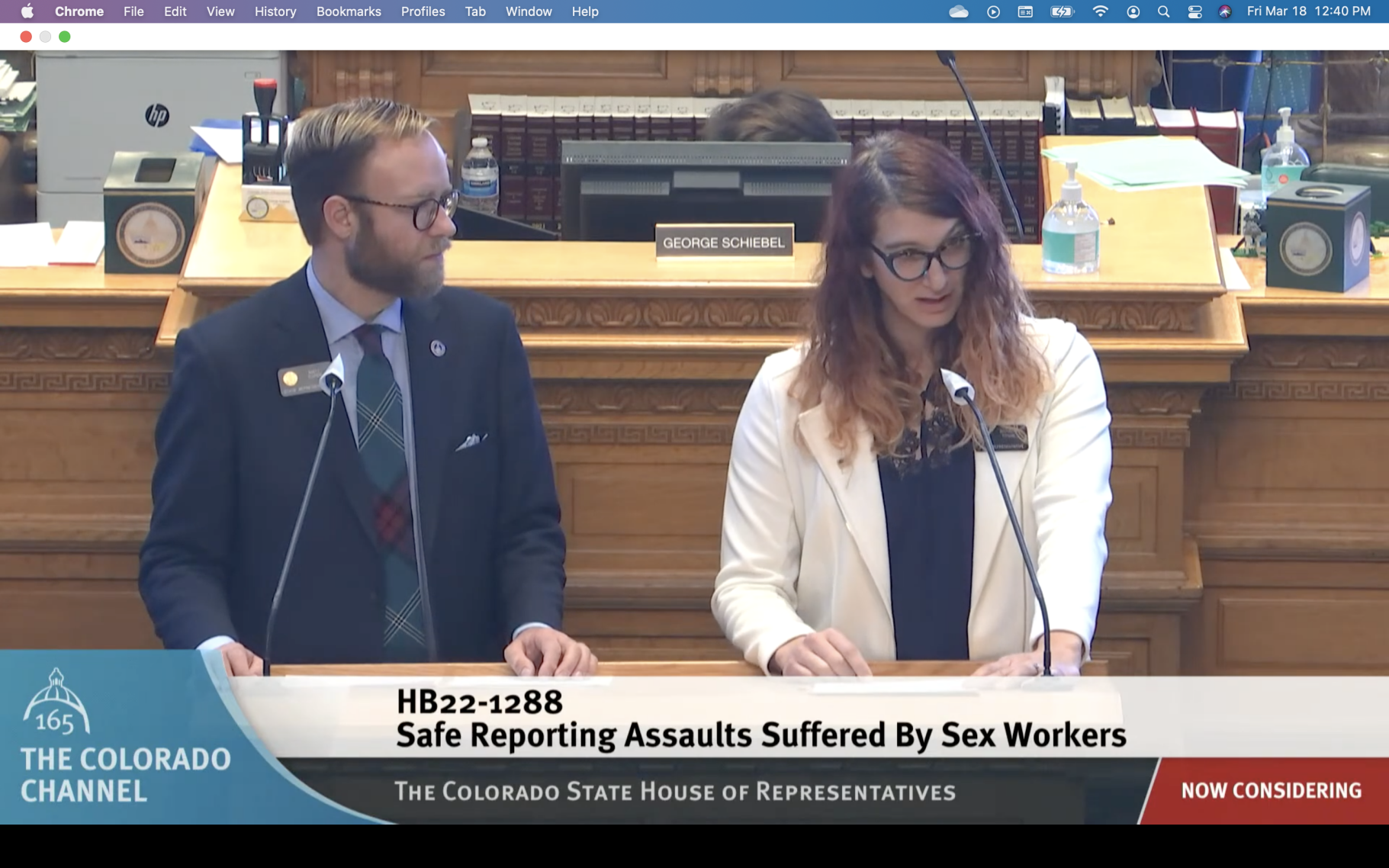
In 2018, Pasha Ripley was supporting her husband on disability and facing foreclosure on their home when she was forced to turn to sex work to get by. Within the month, she was brutally attacked by one of her clients.
Ripley said the client grabbed her by the hair when she entered the room and savagely beat her with his fists and a leather belt. During the attack, he also violently raped her, she said.
“I was sure he was going to kill me,” Ripley said. “You could not set a quarter on my body and not hit a bruise or cut. And the last thing he said as he walked out the door was, ‘Who are you going to tell? What are you going to do?’ Because if I go to the police, it’s very likely that I would be arrested.”
Ripley didn’t end up going to the police, but years later, her story has inspired Colorado lawmakers to take action.
House Bill 1288, which the state House advanced on Friday, would grant people who report violent crime immunity from prostitution-related charges. This immunity would be granted to both victims and witnesses of crimes.
Bill sponsor Rep. Brianna Titone, D-Arvada, said she started working on the bill last year after Ripley told her what happened to her. Titone is a personal friend of Ripley, who now serves as executive director of the anti-human trafficking nonprofit, Red Light Resources International.
“How could I say no to helping?” Titone said through tears. “She’s my friend. What happened to her was horrible. She’s a human being and she deserves respect. … We have to do this because people, human beings, are being brutalized and they’re afraid to do anything.”
Ripley’s experience is far from unique. Of adult sex workers, 82% have been physically assaulted, 83% have been threatened with a weapon, 68% have been violently raped and 84% were or are currently homeless, according to the Academic Journal of Women’s Health.
Supporters of the bill described sex workers as “easy targets” who are specifically chosen by criminals because they are less likely to go to the police. For those who do report when they are victims of crimes, they are sometimes left worse off, being ignored or arrested themselves.
Tiara Kelly, a Black transgender woman and former sex worker, said she was once beaten in a parking lot by a client and called the police for help. When the police arrived, she said they didn’t ask her any questions about the assault or the perpetrator.
“They asked me what I did, why I was in the person’s car, what I had done to deserve it, basically. Then they convinced me not to press charges, telling me that nothing would happen anyway,” Kelly said. “Those types of things lead to my brothers and sisters that happen to be outside of the binary ending up on the side of the road dead.”
Ripley and Kelly testified in support of the bill during the House Judiciary Committee on Wednesday. The bill unanimously passed the committee and its second full House vote on Friday. The third and final House vote is expected to be held on Monday.
Titone said she has received no opposition to the bipartisan bill – also sponsored by Delta Republican Rep. Matt Soper – calling it a commonsense way to crack down on violent crime and protect some of society’s most vulnerable.
“Whatever reason a person is engaging in sex work, they should never have to become a victim of a heinous assault or worse,” Titone said. “The question is, will we continue to allow these violent crimes to happen to vulnerable people who are afraid to speak out?”
